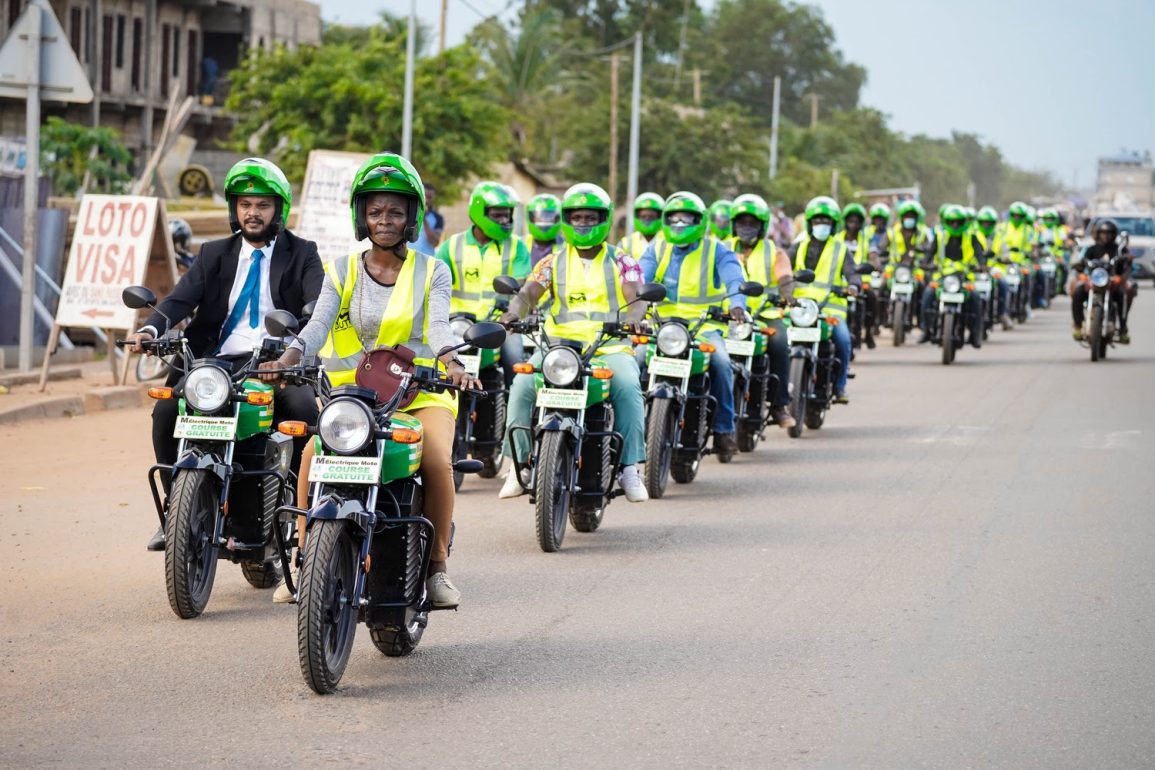With the United Nations Conference of Parties (COP27) currently ongoing in Egypt, Africa’s leading electric two-wheeler distributor, MAUTO, has announced the first closing of a $5 million transaction in the voluntary carbon offset market.
The deal – which is the largest in Africa in terms of carbon credits for electric mobility – will help to immediately meet the continent’s commitments to a sustainable energy transition.
This funding agreement with Aera, Africa’s leading carbon credit trader, and myclimate, a Swiss nonprofit climate protection organisation committed to transparency in carbon footprint measurement, will be spread over the next three years.
“There are effective ways to finance the ecological transition in Africa and to make it affordable and sustainable. No population will accept this without strong support. That’s the whole point of this operation,” said Shegun Adjadi Bakari, the CEO of MAUTO.
He explained that the agreement is proof that Africa is in an offensive position on energy transition and that industrial players are ready for innovative partnerships.
“With this transaction, MAUTO demonstrates its ability to rapidly execute its global green transition strategy in Africa and its power to change everyday life in African cities by reducing traffic pollution, a major public health concern for urban populations,” he added.
Fabrice Le Saché, the President of Aera Group, while expressing his pleasure and honour for being the carbon finance pioneer for Africa’s largest electric motorbike programme, indicated that he is pleased to generate revenue from carbon credits to reduce the cost of leasing electric motorbikes and to help MAUTO raise additional funds to accelerate its rollout in Africa.
The $5 million contract covers the reduction of emissions generated by MAUTO, which plans to deploy over 2 million electric motorbikes in Africa by 2030. The closing of the transaction, while accelerating the deployment of electric two-wheelers in Africa, will also address the challenge of electrification.
Approximately 80% of the electricity that will be used to charge the electric vehicles will come from photovoltaic charging stations that will be installed as the roll-out progresses.
Since its launch, MAUTO has been dedicated to urban, ecological and affordable mobility and is working towards building its own carbon-neutral assembly plants to be ready by 2024.
In order to certify the achievement of its environmental and social commitments, MAUTO intends to obtain the Sustainable Development Verified Impact Standard (SD VISta) label issued by Verra.
The company has been present in Benin and Togo for four months now with 2,700 electric motorbikes on the road. The brand will be rolled out before the end of the year in Rwanda and by 2030, the aim is to be operational in over ten countries across Africa.




